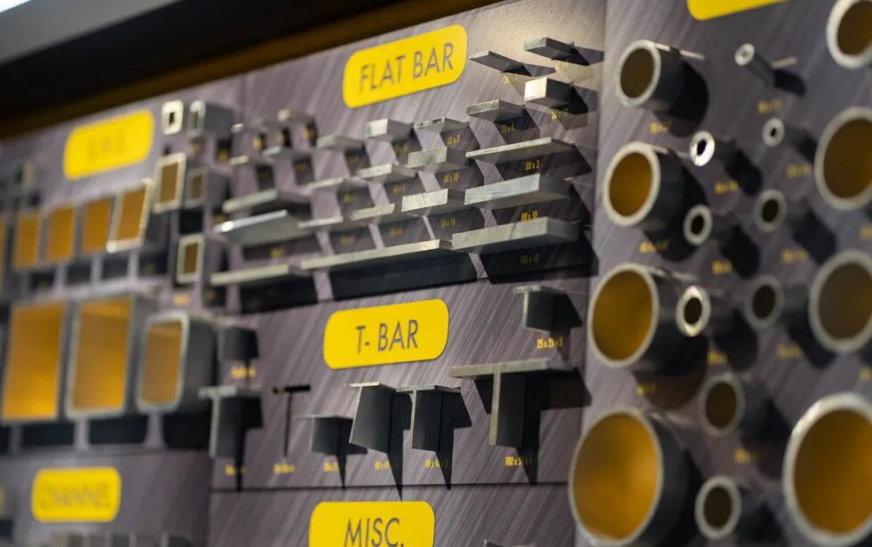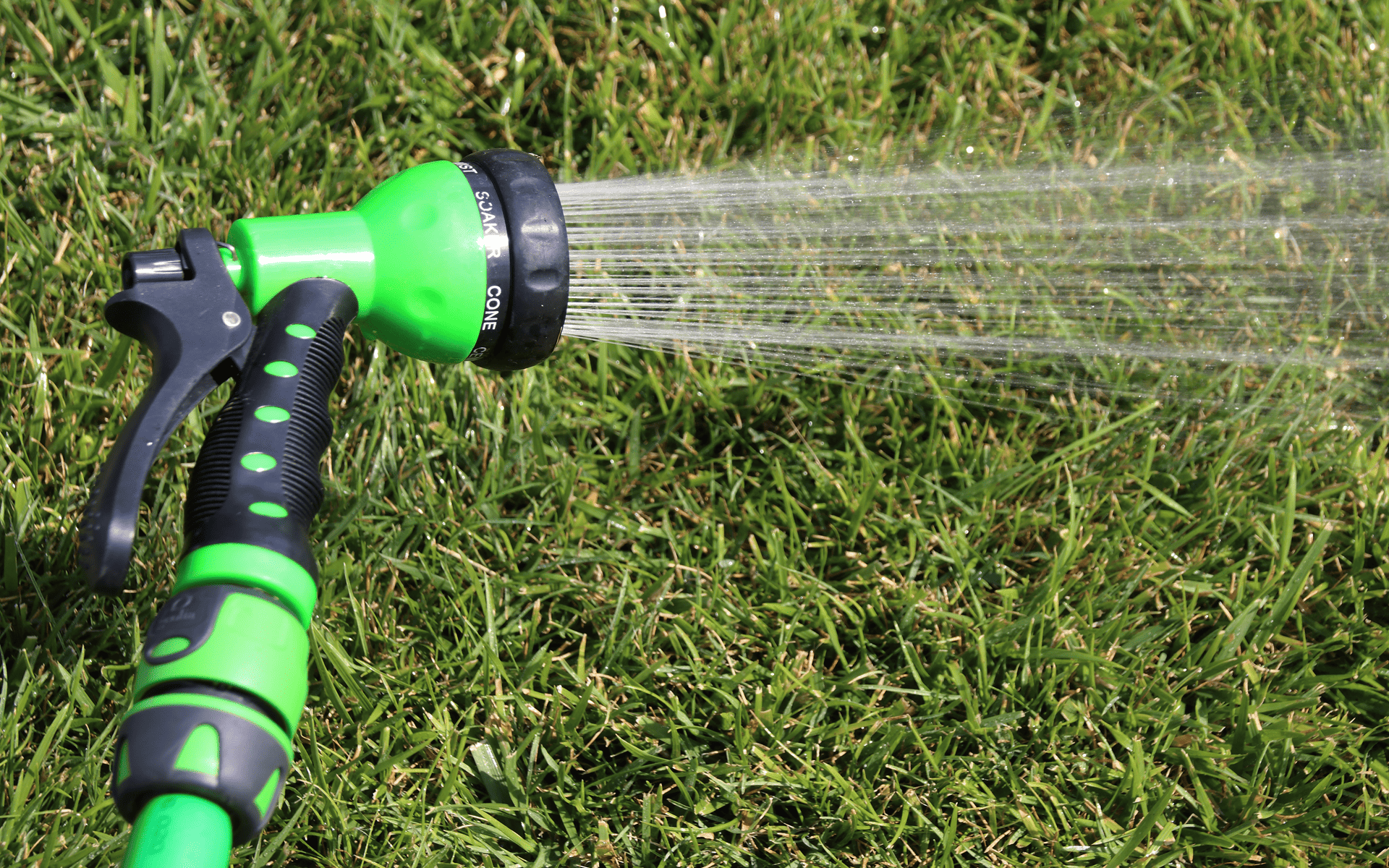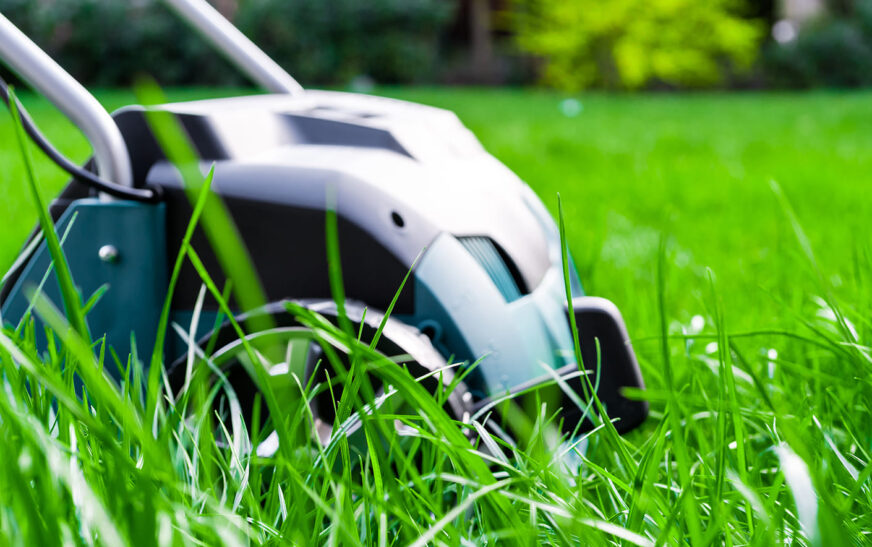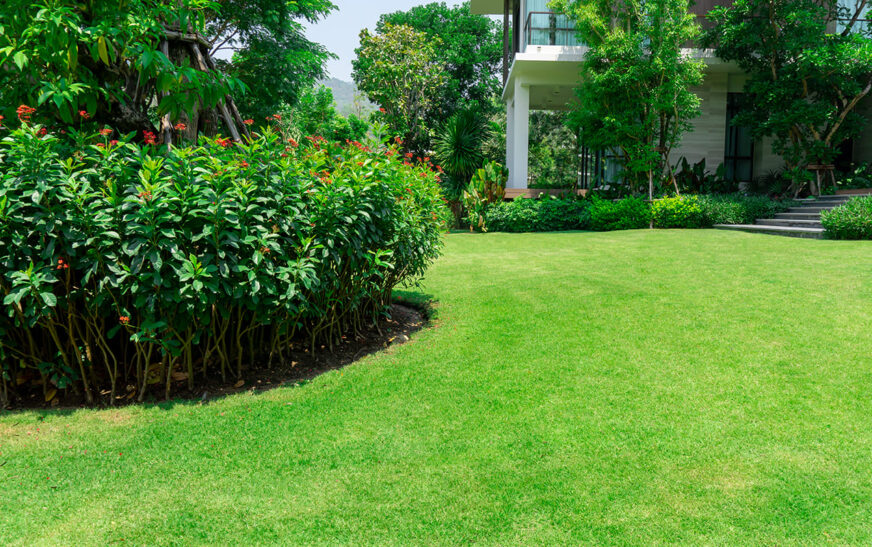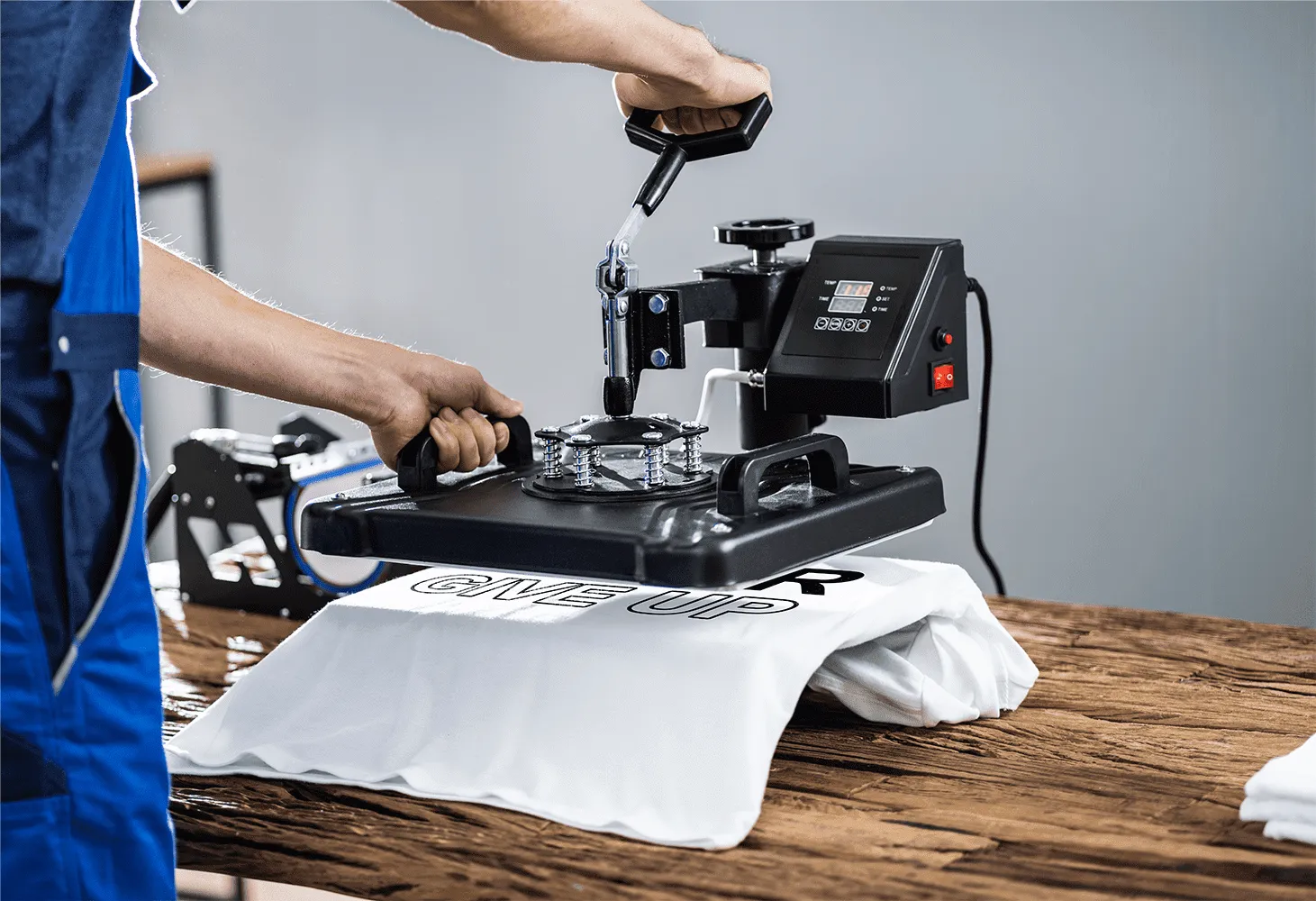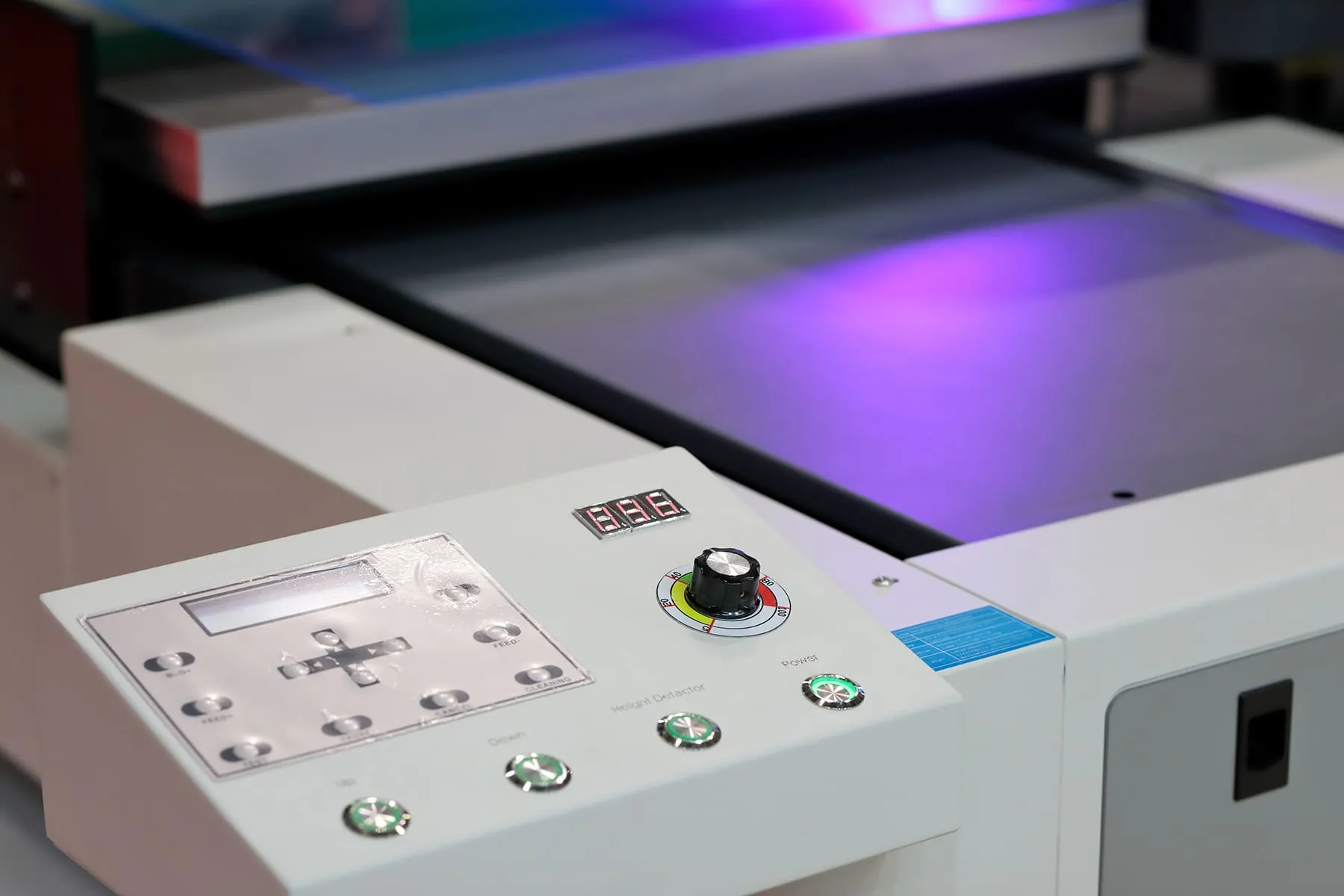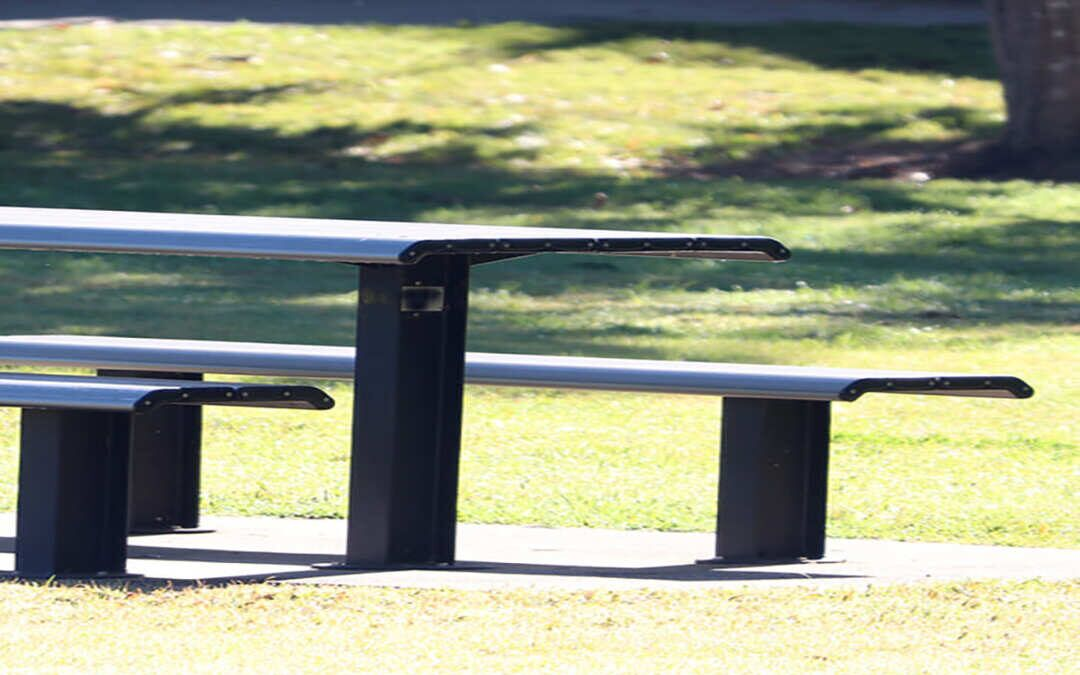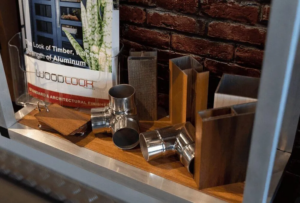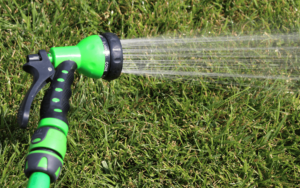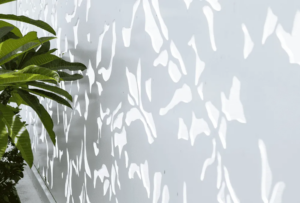Aluminium extrusions play a significant role in modern construction and manufacturing, providing a versatile and durable material for a wide variety of applications. Beyond their practical uses, aluminium extrusions are also instrumental in advancing sustainability efforts across industries.
Aluminium’s Infinite Recyclability
One of the most significant sustainability advantages of aluminium extrusions is their recyclability. Aluminium can be recycled indefinitely without losing its quality, a rare feature among metals. This ability to maintain its structural integrity means that aluminium can be reused repeatedly, reducing the need for mining new raw materials.
The recycling process for aluminium requires only about 5% of the energy used to produce new aluminium from raw materials. In Australia, where environmental consciousness is growing rapidly, this makes aluminium an incredibly attractive option for manufacturers and builders looking to lower their carbon footprint. By opting for recycled aluminium, companies can reduce energy consumption, lower greenhouse gas emissions, and contribute to a more circular economy.
Energy Efficiency in Construction and Transportation
Aluminium extrusions also play a crucial role in improving energy efficiency, particularly in the construction and transportation industries. Due to its lightweight properties, aluminium helps reduce the overall weight of structures and vehicles. This results in lower energy consumption during both production and operation.
Building and Construction
In the building sector, aluminium extrusions are used in windows, doors, and façades, where their thermal properties help improve insulation. This can lead to a reduction in heating and cooling energy requirements for homes and commercial buildings. For example, aluminium window frames equipped with thermal breaks can help prevent heat transfer, resulting in less energy usage and lower power bills.
Australia’s harsh climate often necessitates high energy consumption for heating and cooling. Therefore, using aluminium extrusions in construction can make a meaningful contribution to lowering a building’s overall energy usage, thus reducing its carbon footprint.
Transportation
In the transportation industry, aluminium extrusions contribute to lighter vehicles, including cars, trucks, and trains. A reduction in vehicle weight means less fuel consumption, making aluminium a key material for manufacturers striving to meet stricter environmental regulations. Lighter vehicles also emit fewer pollutants, contributing to cleaner air and less environmental degradation.
In Australia, where distances between cities and rural areas are vast, fuel efficiency is a major consideration for both public and private transportation. The use of lightweight aluminium extrusions in vehicle manufacturing can help reduce the carbon footprint associated with transportation across the country.
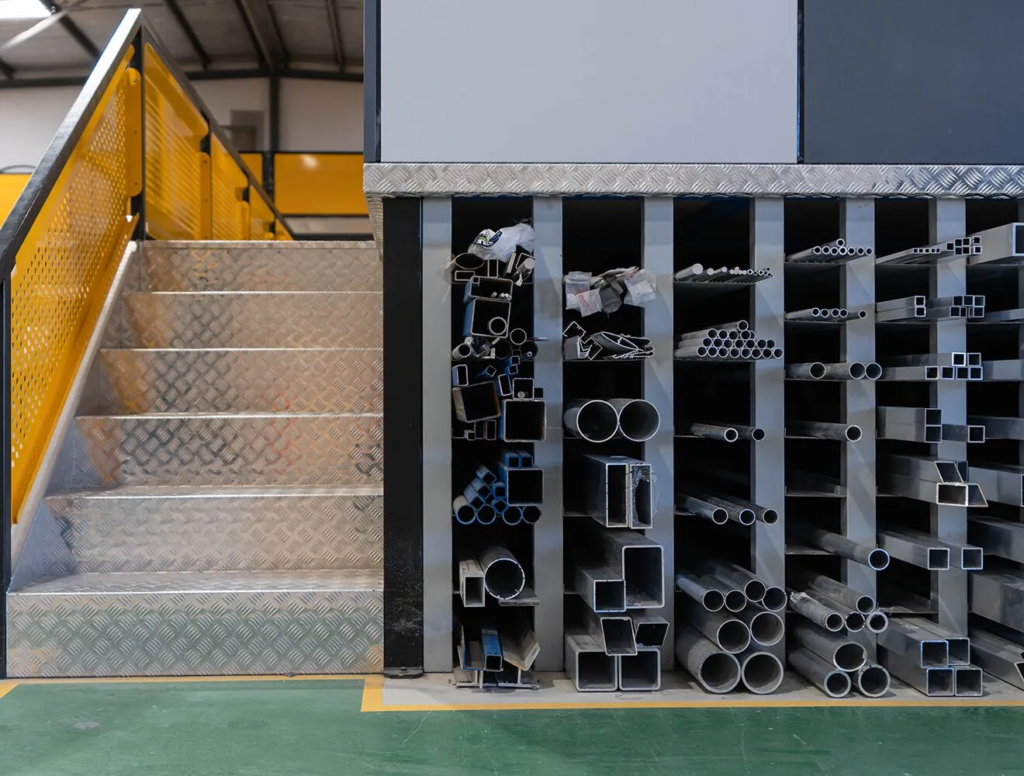
Durability and Longevity
Another important factor in aluminium extrusions’ contribution to sustainability is their durability. Aluminium is highly resistant to corrosion, which ensures a longer lifespan for products made from it. In many cases, aluminium structures outlast those made from other materials, reducing the need for frequent replacements and repairs.
For example, aluminium fencing, which is commonly used in Australian homes, is not only aesthetically pleasing but also durable enough to withstand Australia’s harsh climate. Coastal regions, in particular, are prone to saltwater exposure, which can quickly degrade materials like wood or steel. Aluminium extrusions, however, are well-suited to resist corrosion in such environments, offering long-term sustainability and reducing the need for replacement materials.
Lightweight Yet Strong
Aluminium is known for being both lightweight and strong. Its strength-to-weight ratio makes it a preferred material in industries like aerospace, automotive, and construction. The lightweight nature of aluminium means that less energy is required to transport and install it, reducing the overall environmental impact.
In construction, for example, using aluminium extrusions can make it easier to handle and install materials, requiring less labour and energy. Additionally, the reduced weight of aluminium structures contributes to a smaller foundation and support system, leading to further savings in materials and energy during construction.
Reduced Environmental Footprint in Manufacturing
The process of manufacturing aluminium extrusions has become increasingly eco-friendly over the years. Advanced technologies allow for more efficient use of energy during the extrusion process, minimising waste and reducing emissions. Many manufacturers, particularly in Australia, are adopting more sustainable practices, such as using renewable energy sources in their production facilities and improving recycling processes.
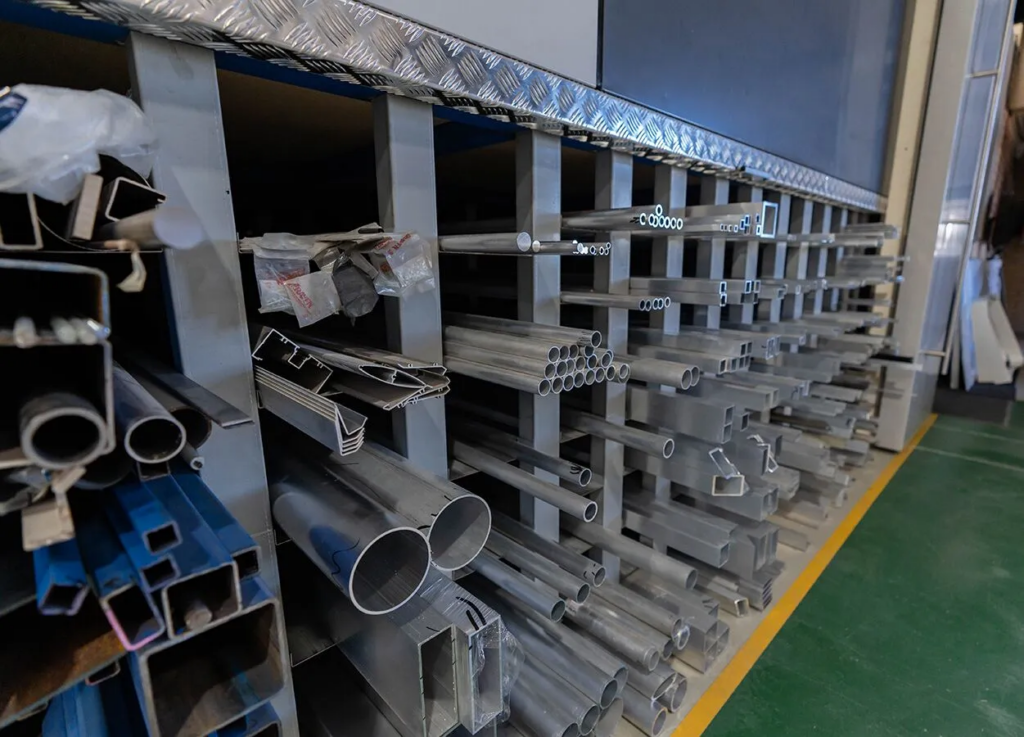
Aluminium Extrusions in Sustainable Design
Aluminium extrusions are also widely used in sustainable design initiatives. Architects and designers are increasingly looking to create buildings and products that meet sustainability criteria, such as reduced carbon emissions, lower energy use, and improved recyclability. Aluminium is an ideal material for these projects due to its combination of strength, lightweight properties, and aesthetic flexibility.
Eco-Friendly Fencing Solutions
A good example of this is the use of aluminium extrusions in eco-friendly fencing. As highlighted by Custom Aluminium WA, aluminium fences offer a sustainable and stylish solution for homeowners looking to reduce their environmental impact. These fences are not only recyclable but also highly durable, requiring minimal maintenance over their long lifespan. This reduces the need for additional materials and energy over time.
In an Australian context, where outdoor living spaces are an integral part of many homes, choosing sustainable fencing materials like aluminium can contribute to eco-conscious living without sacrificing style or functionality.
Conclusion
Aluminium extrusions offer a host of benefits that align with sustainability efforts in various industries. From being infinitely recyclable and energy-efficient to providing durability and a reduced environmental footprint, aluminium extrusions are a key player in promoting sustainability.

